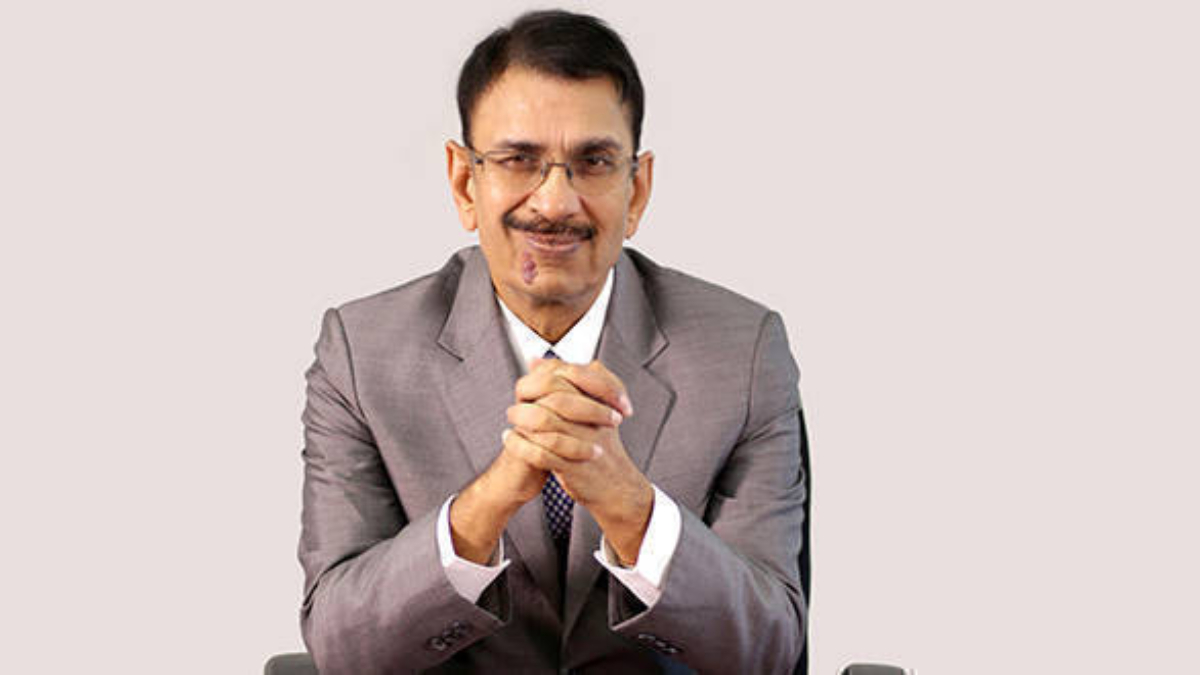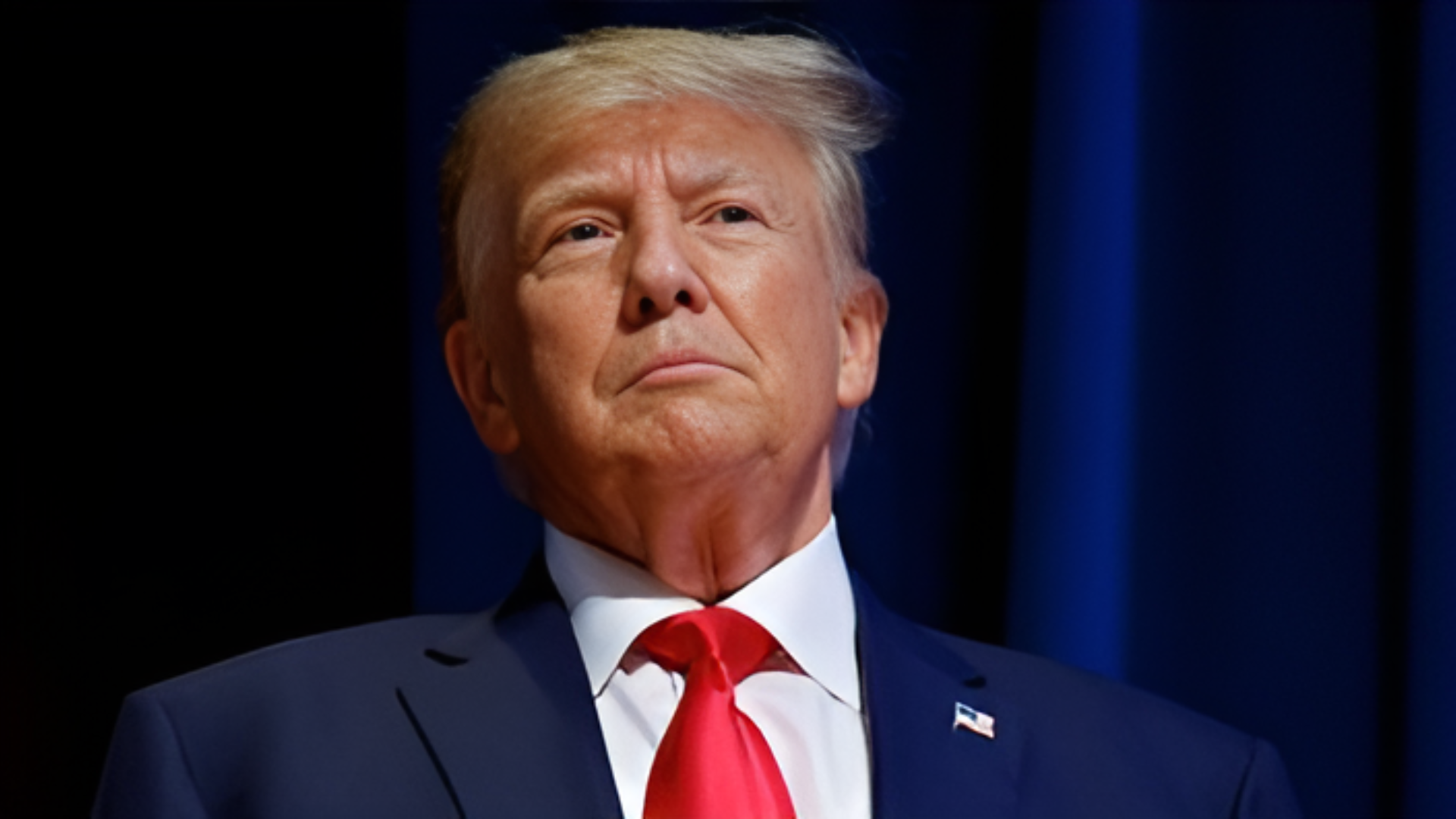The auto sector in India is slowly getting back on its feet with shop floors slowly opening up. As of May 25, Toyota Kirloskar Motor has opened up over 290 dealerships and 230 service centres. Shekar Viswanathan, Vice President and Full Time Director, Toyota Kirloskar Motor, chats about how the coronavirus pandemic has affected businesses, electric vehicles and the future.
Q: The auto sector in India was already in crisis and the Covid pandemic has worsened it. With businesses reviving operations now and Work From Home being the new normal, what are the measures Toyota Kirloskar has taken to reduce costs and optimise productivity?
Shekhar Viswanathan: As you put it correctly, work from home is the new normal. But sitting at home we can’t produce cars. There is willy nilly a good percentage of us who’ll have to go to the factory to make those cars. And there’s another percentage of us who’ll have to get out into the marketplace to sell those cars or keep the channels of distribution of those cars wide open. That said, work from home is a good alternative; a cost-saving alternative that will be welcome by some but not by all. It’ll be welcome by all for some of the time for sure. What’s going to happen going forward is we’ll have a set of people who’ll be encouraged to work from home simply because if we can save on the office space and rentals to that extent it will benefit the company and ultimately it will benefit the consumer. How practical this going to be going forward only time will tell. But at the moment with the benefit of channels of communication like Microsoft teams the need to have physical meetings is somewhat lessened. Also the need to travel is somewhat lessened, since you can do meetings online. That said, it doesn’t augur well for the auto industry because if you’re going to cut travel, the demand for cars and personal mobility gets lessened to that extent. It’s a very mixed bag we face. In terms of productivity, we are doing a lot on terms of factory productivity. The Toyota production system is the lynchpin on which its success rests. There are new ways of rolling out the Toyota production system which will involve social distancing and not meeting that frequently. Maybe there will be less paper in the system. There are endless possibilities but the brand point is we at Toyota will carry on with the Toyota way and carry on improving productivity and lowering costs all of which will go to benefit the consumer.
Q: With Coronavirus and health and safety concerns, more people are likely to opt for economical personal mobility solutions rather than public transport or cabs. How is Toyota Kirloskar addressing this segment given that many people may be first-time car buyers?
Viswanathan: I don’t think anybody knows how the cookie is going to cut out. Hygiene is going to be an issue and decision-making will continue to be cost of ownership of a personal mobility vehicle. They will balance that against the risks of taking public transport, autos and the like. There will be that balancing that will be done. What is more likely to happen is that the state of our public transport will improve by leaps and bounds. The cleanliness levels in our streets and transport systems in our daily lives will see a completely new shift and that will be for everybody’s good. I am not so sure that this pandemic will translate into new demand for personal mobility. Yes, in the short run there will be some people who swear by personal mobility but it’s not going to be a permanent shift; it’ll happen on the margin and it’s good if it happens.
Q: Demand for pre-owned vehicles is expected to rise significantly now given their affordability versus new vehicles. Will this further slow down the demand for new vehicles?
Viswanathan: I don’t think this will affect the sale of new cars. What will spur the demand for refurbished cars will eventually be the cost of ownership of a car. Ultimately, this is what is going to drive the consumer. You can offer him a Rs 20-lakh car whereas he is a Rs 10-lakh car customer but if you give adequate finances and a package that the resale value is X based on car features etc, then on that basis he will go for a Rs 20-lakh car. There are many things that will drive a consumer in making the choice of a car. We also do hope that consumers take to buying refurbished cars because it only enhances the consumer experience and it also builds a latent demand that will translate into demand for a new car down the road. I speak for the industry when I say this.
Q: Interestingly, post Covid, it is the electric vehicle market which is seen as the big opportunity for automakers. Does Toyota Kirloskar have any plans on the anvil related to this in India?
Viswanathan: We do have plans for an electric vehicle in India and we have been one of the forerunners in making electric vehicles globally. In fact, instead of making pure electric vehicles which met with resistance in different parts of the world, we started making electrified vehicles and we have sold more than 15 million of them with great success. There are other global players also but not to the same degree of success we have experienced. That said, electric and electrified vehicles will dominate the auto landscape in times to come – but those times are more like 20 years down the road. It’s going to take time and I say this with quite a few reasons in the Indian context. One is, of course, the lack of charging infrastructure we have for pure electric vehicles – neither our urban infrastructure or agglomeration (densely packed roads and housing colonies), doesn’t lend itself to allow charging infrastructure to come on board immediately. The way our urban landscape has to change is going to take time before it can lend itself to easy electric mobility being adopted.
The issue is also how do you make the electric car consumer friendly – how can the consumer say I want an electric car; I want to repeat my purchase. It’s only when you get to that point, you can say the demand for electric cars has well and truly arrived. You have to overcome the mindset of the consumer in moving towards electric decisively. It’s not just the low duty structure on electric vehicles that will drive the consumer towards them. Then there are issues of availability of lithium in the country. In trying to replace crude oil imports, we shouldn’t replace them with lithium or cobalt imports, both of which I understand are necessary for making the batteries to power these vehicles. There are a whole host of issues that militate against the immediate adoption of electric vehicles as a means of transport. But that said, I do think we need to pursue electric vehicles and I do think the government must give it enough encouragement. Today, the internal combustion engine vehicles are taxed at a rate of minimum of 28% – which means for every car that an automaker sells the government gets 28% and the automaker gets just 7%.The fuel for internal combustion engines is also heavily taxed. How is the government going to replace this revenue loss if we go purely electric? This is something the government needs to think about.
Q: Non-availability of labour for the shop floor could be an issue in India with the current migrants issue. Do you think post Covid, there is going to be more digital technology and robotics adopted/implemented on the shop floors?
Viswanathan: I don’t think the auto sector employed that much of migrant labour at all. Even if the migrant labour has gone back – I remain confident on two things – one is part of this migrant labour will come back as they have nowhere to go. As the shop floors and MSME sector opens with more finance getting pumped in, the migrant labour will gradually start drifting back. Right now, there are no jobs for them. We know where the workmen on our shop floor are and they have the security of a job. With migrant labour, that’s not the case. They are free to go anywhere and work. I think the question of migrant labour not coming back and causing a dent in our labour availability is rather misplaced and I can say this for the auto industry. I’m not qualified for the other sectors of the economy.
The entire auto sector was always looking at digital technology and robotics. Ultimately, you engage in robotisation – in the Indian context – where it makes the process less burdensome for the workmen and more efficient for the company.
Q: Thus, will the face of retail also change in the automobile sector? Is it going to be the end of brick-and-mortar showrooms with customer interfae moving into the digital space?
Viswanathan: This is a very good question. In the initial part of Toyota’s history in India, when we introduced new models. Customers would come and tell us you’ve introduced this already in other countries. They would see it on the Internet, they could see what models had been introduced already and would tell us they would wait for a particular model. In many ways, the customer had already gotten savvy. Even before the Covid crisis, the customer can go online and more or less make up his mind on what he wanted and call for a test drive. Then he would look at the financing package. What is going to drive customers forward is ultimately how at the showroom the salesmen are going to deal with them – the finance package, the insurance, the quickness of car delivery, and so on. Showrooms won’t grow but what’s going to grow are service workshops. There’s already a move towards independent repair workshops – where they can take in any brand of vehicle and repair those cars based on the instruction mahals you give them. That’s another business model that’s likely to gain more currency because the need for showrooms will become less and less.


















